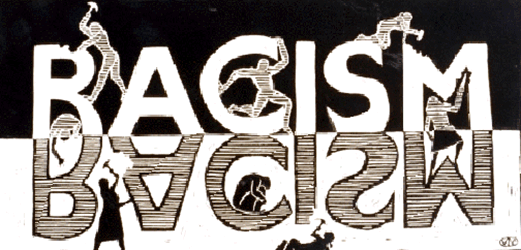EVENT: On #BlackLivesMatter #BritainIsNotInnocent
On #BlackLivesMatter #BritainIsNotInnocent Time and date: Friday 17 July, 3-5pm GMT In light of recent anti-Black violence at the hands of the American state, the world has erupted in protest against systemic racism. The Black Lives Matter movement, which was a fringe organization over the past decade, is now leading the charge and discussions about defunding the police. At SOAS we know that silence is violence. Objectively, Black Lives Matter!




